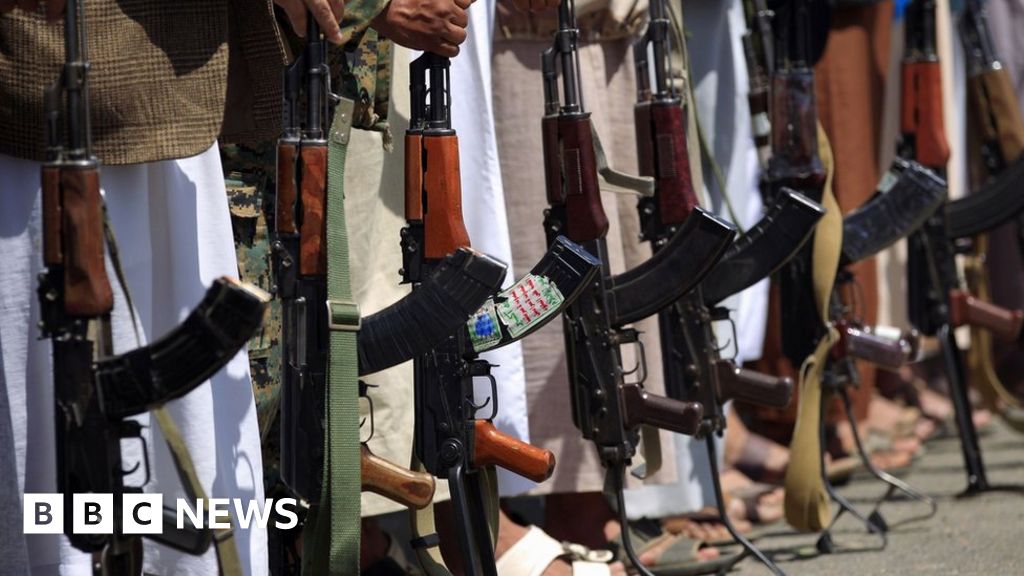The Baháʼí teachings encompass a profound understanding of the fragility of human existence, particularly in the context of global warfare. While traditionally regarded as a source of spiritual guidance, these teachings also provide prescient warnings about the implications of conflict on a worldwide scale. This discourse explores the Baháʼí perspective on the potential consequences of World War, presenting a unique lens through which to perceive the tribulations facing humanity.
Historically, Baháʼí writings have emphasized the interconnectedness of human beings. The teachings assert that the fabric of society is woven from the threads of shared humanity, and any violent disruption threatens this delicate tapestry. The Baháʼí Faith posits that the onset of war is not merely a geopolitical failure but a spiritual dilemma that stems from humanity’s failure to recognize its collective identity. Such a viewpoint challenges conventional paradigms where conflict is often viewed through a narrow lens of national interest or economic gain.
Central to the Baháʼí perspective is the acknowledgment of a spiritual dimension to human conflicts. The writings of Bahá’u’lláh, the founder of the Baháʼí Faith, articulate a prophetic vision that warns of the repercussions of humanity’s obstinacy. It is suggested that the incessant cycle of conflict arises from a profound disconnection from the divine principles of unity, justice, and compassion. This disarray, according to Baháʼí teachings, does not only herald physical destruction but also engenders a form of moral degradation among peoples.
Furthermore, the Baháʼí Faith avers that humanity stands at a critical juncture in its evolution. World War, as posited by Baháʼí scriptures, could serve as either a catalyst for transcendence or a herald of obliteration. This dichotomy presents a harrowing choice: to either heed the warnings of past conflicts or to succumb to the intoxicating allure of unresolved grievances and militaristic ambitions. The emphasis on learning from history is not merely rhetorical; it is imperative for the survival of global society.
One of the most poignant aspects of the Baháʼí warning about World War is the necessity for a fundamental shift in perspective. The global community must transition from a mindset rooted in division and antagonism to one predicated upon unity and cooperation. In this new paradigm, nations would prioritize collective welfare over nationalistic pursuits, fostering an environment where dialogue supplants hostilities. The vision of a united humanity, as articulated by Baháʼí teachings, implores individuals to transcend their tribal identities and embrace a universal kinship.
The Baháʼí Faith doesn’t only project a warning; it concurrently offers pathways toward peace. The establishment of global governance structures, informed by the universal principles of justice and equity, is imperative. The teachings intimate that a cohesive international framework can mitigate the conditions that lead to conflict by promoting collaborative problem-solving and equitable resource distribution. Such an evolution in global governance is essential for addressing the underlying causes of war in a decisive manner.
Moreover, Baháʼí teachings underscore the importance of education in fostering a culture of peace. Educational initiatives aimed at instilling values of empathy, tolerance, and understanding are crucial. Such efforts can dismantle the psychological barriers that often fuel enmity between disparate groups. The Baháʼí community places immense importance on the role of education as a transformative force, advocating for curricula that emphasize commonalities rather than differences among cultures.
In addition to education, Baháʼí principles advocate for the empowerment of women and marginalized groups as a means to promote peace. The Faith asserts that peace cannot be achieved without the active participation of all members of society, particularly those historically silenced or oppressed. By advocating for gender equality and social justice, the Baháʼí teachings offer a roadmap to a more inclusively peaceful world where every voice contributes to the narrative of humanity.
As the world grapples with the specter of potential conflict, it is incumbent upon individuals and governments alike to internalize the warnings disseminated through the Baháʼí scriptures. The teachings venture beyond mere admonition; they serve as a clarion call for action. Each person bears the responsibility to contribute toward a culture of peace and understanding, for the antidote to war lies not in armaments but in the cultivation of empathy and collaboration.
Furthermore, the Baháʼí narrative posits that an authentic commitment to peace entails a willingness to engage in self-examination. Nations must inquire into their motives, reevaluating how their policies impact global stability. Such introspection can illuminate paths toward reparative justice and reconciliation, essential for alleviating the conditions that precipitate conflict. The moral obligation to reflect upon one’s actions reinforces the notion that warfare is often a manifestation of deeper societal maladies.
In conclusion, the Baháʼí teachings present a multifaceted warning about the dire consequences of World War, underpinned by a profound call for transformative action. The shift from conflict to cooperation, from division to unity, lies within the grasp of humanity. The teachings illuminate pathways toward peace that beckon curiosity and invite engagement. The challenge remains: will humanity heed these warnings and embrace its destiny as a unified force for good, or will it falter in the face of its existential struggles? The answer lies in the collective conscience of a world yearning for healing and understanding.
